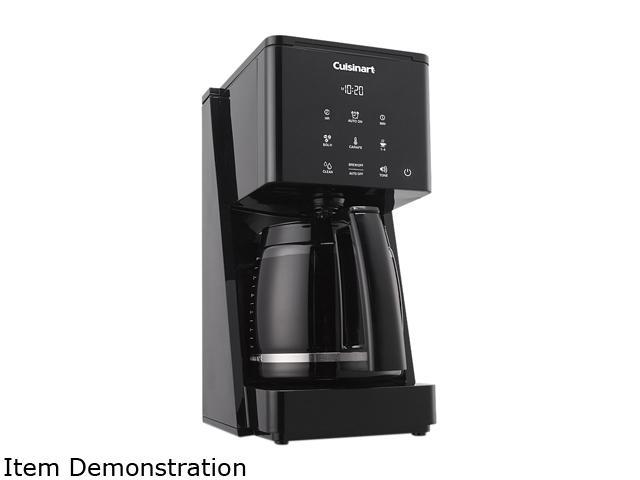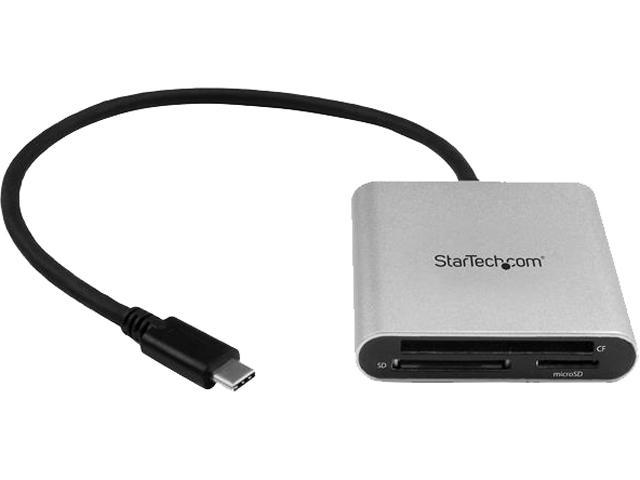A consumer’’s guide to the food system, from local to global: our part as citizens in the interconnected networks, institutions, and organizations that enable our food choices.
Everybody eats. We may even consider ourselves experts on the topic, or at least Instagram experts. But are we aware that the shrimp in our freezer may be farmed and frozen in Vietnam, the grapes in our fruit bowl shipped from Chile, and the coffee in our coffee maker grown in Nicaragua, roasted in Germany, and distributed in Canada? Whether we know it or not, every time we shop for food, cook, and eat, we connect ourselves to complex supply networks, institutions, and organizations that enable our food choices. Even locavores may not know the whole story of the produce they buy at the farmers market. In this volume in the MIT Press Essential Knowledge series, food writer and scholar Fabio Parasecoli offers a consumer’’s guide to the food system, from local to global.
Parasecoli describes a system made up of open-ended, shifting, and unstable networks rather than well-defined chains; considers healthy food and the contradictory advice about it consumers receive; discusses food waste and the implications for sustainability; explores food technologies (and “culinary luddism”); and examines hunger and food insecurity in both developing and developed countries. Parasecoli reminds us that we are not only consumers but also citizens, and as citizens we have more power to improve the food system than we do by our individual food choices.















